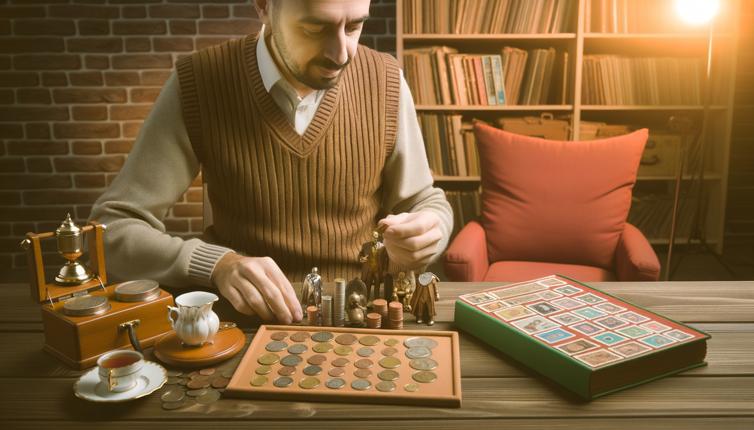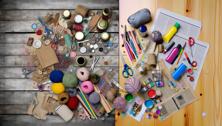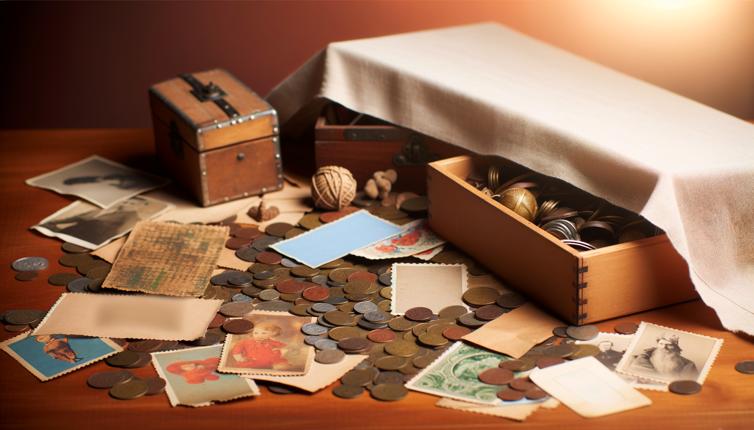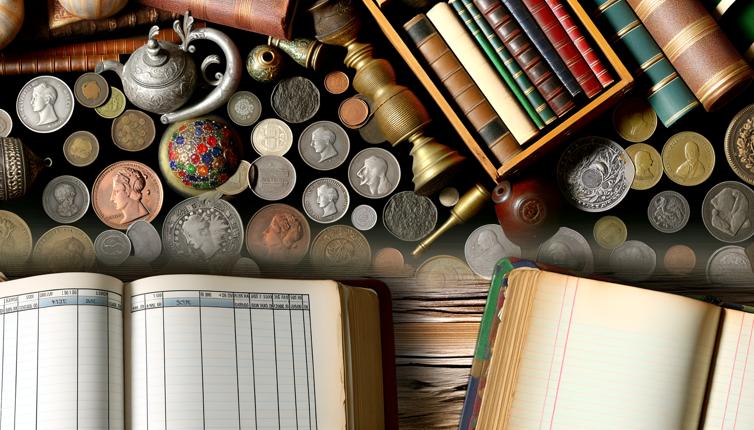1. Define Your Collecting Goals
Before you start collecting, it's essential to define your goals. What kind of collectibles are you interested in? Are you looking to build a comprehensive collection or focus on specific items? Knowing your collecting goals will help guide your decisions throughout the process.
2. Research Your Chosen Collectibles
Take the time to research your chosen collectibles. Learn about their history, rarity, and value. This knowledge will enable you to make informed decisions when purchasing and assessing the condition of items.,Join online forums and communities dedicated to your chosen collectibles. Engage with experienced collectors and learn from their expertise. Attend local collectors' events and conventions to further expand your knowledge.
3. Set a Budget
Collecting can become an expensive hobby, so it's important to set a budget. Determine how much you are willing to spend on acquiring and maintaining your collection. Consider both the cost of purchasing items and any additional expenses such as storage and preservation supplies.
4. Decide on Collecting Methods
There are various collecting methods to choose from, such as focusing on a specific era, artist, or theme. You can also collect items from a particular region or country. Decide which method suits your interests and preferences.
5. Consider Storage and Display Options
Think about how you will store and display your collectibles. Some items may require specific storage conditions to prevent damage. Explore different storage options such as display cases, cabinets, or archival materials.
6. Learn About Authentication and Grading
Authentication and grading are crucial aspects of collecting valuable and rare items. Familiarize yourself with the authentication process for your chosen collectibles. Understand the importance of grading and how it can affect the value of your collection.
7. Connect with Other Collectors
Building connections with other collectors can enhance your collecting experience. Join social media groups, attend collector meet-ups, and participate in online forums. Sharing your passion with like-minded individuals can provide valuable insights and opportunities for trading or buying items.
8. Consider Insurance and Security
As your collection grows in value, it's essential to consider insurance and security measures. Evaluate your homeowner's or renter's insurance policy to ensure your collectibles are adequately covered. Implement security measures such as alarms, locks, and surveillance cameras to protect your investment.
9. Take Care of Your Collection
Proper care and maintenance are crucial for preserving the condition of your collectibles. Research the best practices for cleaning, handling, and storing your items. Consider investing in archival materials, such as acid-free sleeves and display mounts, to prevent deterioration over time.
10. Enjoy the Journey
Above all, enjoy the journey of collecting. It's an opportunity to learn, explore, and connect with others who share your passion. Take the time to appreciate and showcase your collection, and remember that the value lies not only in the items themselves but also in the experiences and memories they represent.
Conclusion
Starting a collectible collection requires careful consideration and planning. By defining your goals, conducting research, setting a budget, and connecting with other collectors, you can embark on a rewarding and fulfilling collecting journey. Remember to take care of your collection and enjoy the process. Happy collecting!








